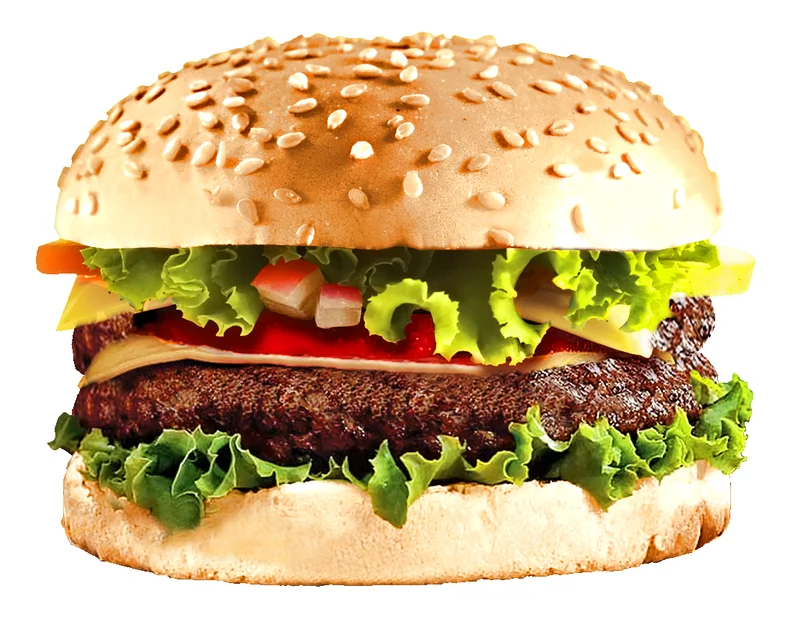The End of Fast Food As We Know It: Why Automation and AI Are Forging a New Future of Food
It’s a tale as old as time, or at least as old as the internet: the story of Icarus. A cautionary fable about flying too close to the sun on wings of wax and feathers. But what happens when the sun is the boundless optimism of human spaceflight, and the wings are made not of wax, but of 280-character snark?
We found out this year. And it’s a story that should be required reading in every boardroom and marketing department in America. It’s a story about the profound, almost comical disconnect between the fleeting glory of a viral tweet and the brutal, unforgiving gravity of a balance sheet.
The Orbit of Arrogance
Let’s rewind to April. Imagine the scene: the first all-woman private spaceflight since 1963 is underway, a genuinely historic moment powered by Blue Origin. Onboard is Katy Perry, an artist who has become a global cultural icon. This is one of those moments that reminds us what we’re capable of—pushing boundaries, reaching for the stars, literally. It’s a testament to science, engineering, and human ambition.
And then, from the digital trenches, came the response from Wendy’s.
Their social media account, long celebrated for its "savage" and "edgy" roasts, decided this moment of human achievement was prime material for a cheap joke. "I kissed the ground and I liked it," one post quipped. Another asked, "Can we send her back?" When I first saw those tweets, I honestly just sat back in my chair, speechless. Here we are, as a species, collectively taking a step into the cosmos, and a corporation selling square hamburgers thinks the cleverest response is cynical mockery.
The internet, as it does, was divided. Some called it "playful banter," the kind of thing Wendy's is famous for. But for many, it felt hollow, even mean-spirited. Was this really the best we could do? Use our incredible platforms for communication to tear down a moment of inspiration? It raised a fascinating question: when does a brand’s personality cross the line from edgy to just plain bitter?
A Failure to Launch
For six months, it seemed like Wendy’s had gotten away with it. The tweets faded, the outrage cycle moved on, and the brand continued its online schtick. But behind the curtain of retweets and likes, a different story was unfolding—one told in spreadsheets and SEC filings, not on a social media feed.

This month, Wendy’s held its third-quarter earnings call. And while they beat analyst estimates on a few key metrics, the real headline was buried in the remarks of Interim CEO Ken Cook. The company announced plans to close between 200 and 350 of its "consistently underperforming" U.S. locations. This wasn’t a strategic pivot; it was a retreat.
At the same time, U.S. same-store sales—in simpler terms, the revenue from established stores, which is a key indicator of a company's health—were down a staggering 4.7% year-over-year. Think about that. While rivals like McDonald's and Burger King were finding ways to grow, Wendy's was shrinking. The brand’s online persona was like a flashy, incredibly loud engine that made a lot of noise but wasn't actually connected to the wheels driving the business forward—it was just burning fuel and making smoke while the vehicle was rolling backward down a hill.
This is the kind of disconnect that fascinates me. A company can project an image of untouchable confidence online, of being the wittiest and most dominant voice in the room, while its real-world foundations are quietly crumbling. What does it say about corporate strategy when the metrics of online "wins" become divorced from the metrics of actual, you know, selling things?
The Long, Slow Arc of Karma
And then came the perfect, poetic bookend to the entire saga. It didn't come from a rival corporation or a scathing op-ed. It came from Katy Perry's manager, Bradford Cobb.
He didn't fire back with a snarky tweet. He didn't engage in the mud-slinging. He did something far more powerful. He simply posted a link to an article titled Wendy's To Close 350 Restaurants — Why Katy Perry’s Manager Is Poking Fun on his Instagram story. That's it. No commentary needed. The message was deafening in its silence: You mocked our launch, now watch your landing.
It was a masterclass in playing the long game. It highlighted the fundamental difference between building something real and just tearing things down for clicks. Perry was part of a team pushing the limits of human exploration. Wendy's social media team was pushing the limits of brand-safe snark. One of these things creates lasting value. The other, it turns out, does not.
The market seems to agree. As of this writing, Wendy's stock is hovering near its 52-week low, down nearly 50% for the year. The digital echo chamber can be loud, but the stock market is louder. You can't roast your way out of a bad quarter.
The Currency of Clout Isn't Cash
Ultimately, this isn't just a story about a pop star and a fast-food chain. It's a parable for the digital age. It's a stark reminder that in a world obsessed with ephemeral online engagement, real-world value still reigns supreme. Building things—whether it's a spacecraft, a career, or a profitable business—is infinitely harder and more valuable than tearing them down with a clever joke. The future won't be shaped by the cynics and the trolls, corporate or otherwise. It will be built by the explorers, the creators, and the innovators. The ones looking up at the stars, not down at their screens.
Tags: hamburger chain restaurant closures
Microsoft's New Era of Dominance: The AI Revolution Driving Its Unprecedented Growth
Next PostSachin Katti: exits Intel, joins OpenAI
Related Articles
